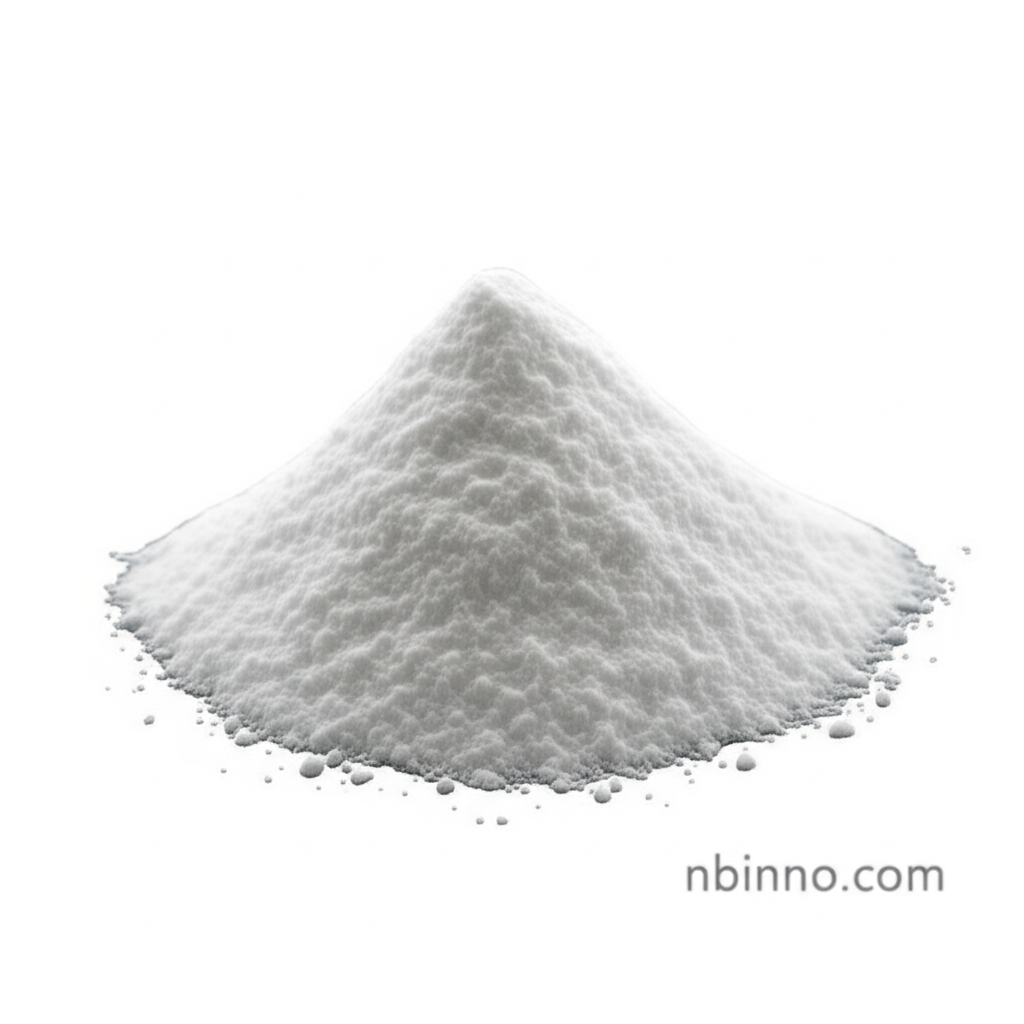Unlocking Cellular Energy: A Deep Dive into Guanidinopropionic Acid's Impact on Metabolism
Explore the profound effects of Guanidinopropionic Acid on cellular energy transport and metabolism across vital tissues.
Get a Quote & SampleProduct Core Value

Guanidinopropionic Acid
Guanidinopropionic Acid (GPA) is a significant creatine analogue that competitively inhibits cellular creatine uptake. Its influence on energy metabolism has been extensively studied, revealing effects across skeletal muscle, cardiac tissue, and the brain.
- Impact on Skeletal Muscle: Studies on the effects of GPA on skeletal muscle show a marked decrease in intracellular creatine and phosphocreatine. This leads to a metabolic shift from glycolytic to oxidative pathways, enhancing endurance capacity and improving glucose uptake.
- Cardiac Function Modulation: While the shift to mitochondrial metabolism is less pronounced in heart tissue, GPA can lead to modestly reduced myocardial contractility, affecting ventricular pressure.
- Brain Energy Stability: In brain tissue, adaptations in energy metabolism resulting from GPA intake have been shown to enhance ATP stability and increase survival during hypoxic conditions.
- Research Applications: GPA is a valuable tool for researchers studying cellular energy metabolism, particularly its role in muscle physiology and neurological protection.
Key Advantages
Enhanced Endurance
By altering muscle metabolism, GPA can lead to increased fatigue tolerance, a key factor in athletic performance and a focus of sports science and supplements research.
Metabolic Research Tool
As a tool for metabolic pathway analysis, GPA allows scientists to investigate the intricate balance of energy production and utilization within cells.
Neuroprotective Potential
Research suggests GPA's role in improving ATP stability during brain hypoxia points to potential applications in neuroscience research tools and understanding neurological disorders.
Key Applications
Skeletal Muscle Metabolism Studies
GPA is instrumental in dissecting the complex interplay of energy substrates and enzymes within skeletal muscle, contributing to our understanding of fatigue and performance.
Cardiac Bioenergetics Research
Investigating the impact of creatine analogues like GPA on heart function provides insights into myocardial energy management and responses to metabolic stress.
Neurological Energy Metabolism
GPA aids in understanding how brain cells maintain energy balance, particularly during stressful events like seizures or hypoxia, supporting research into neurodegenerative diseases.
Nutraceutical Ingredient Science
As a metabolite, GPA's study contributes to the broader field of nutraceutical ingredient science, exploring compounds that influence physiological functions.
